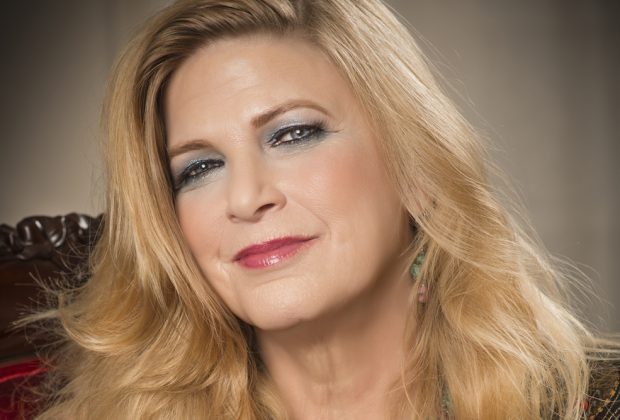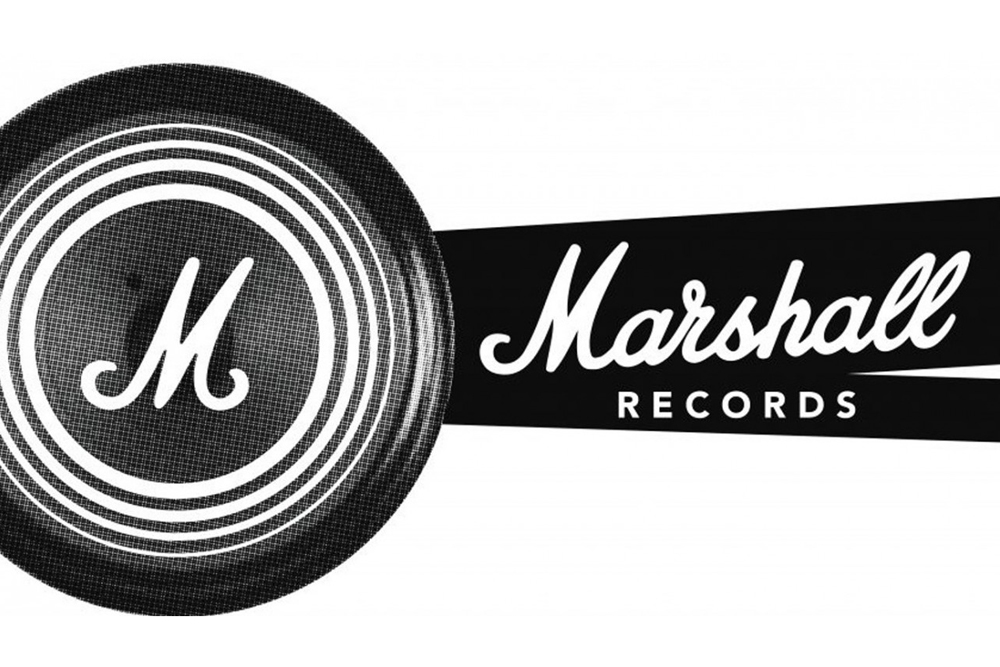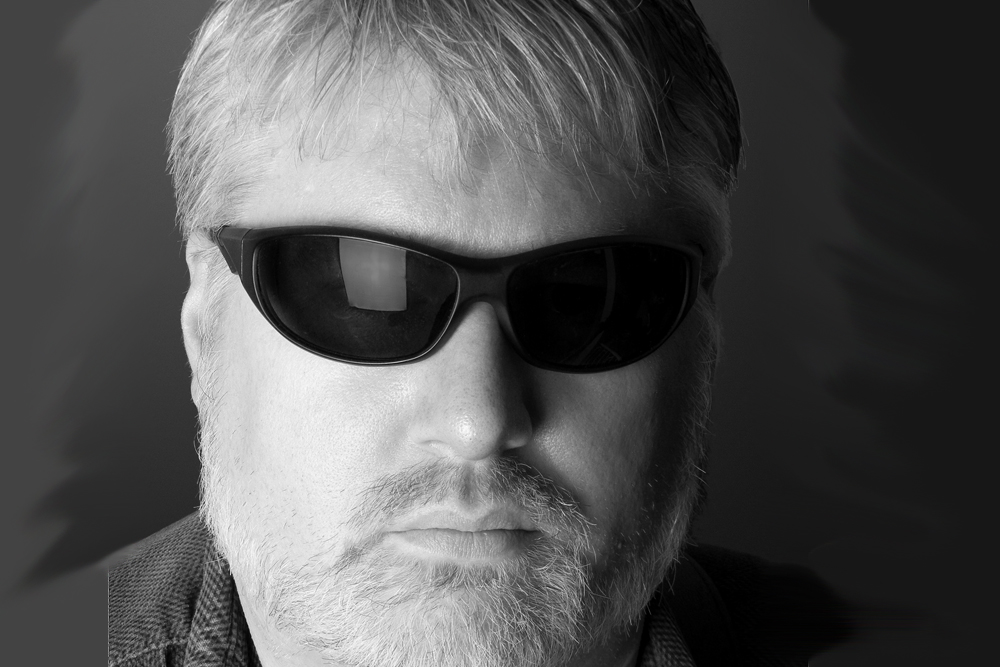Vicky Hamilton, the manager, consultant and caretaker for some of the most badass bands on the planet, has written a memoir about her experiences with Mötley Crüe, Poison, Stryper, Faster Pussycat and, of course, Guns N' Roses. Titled Appetite for Dysfunction: A Cautionary Tale, the book is a no-holds-barred account of an era when the Sunset Strip ruled the music scene and Hamilton held court.
The book has been so well received Hamilton garnered attention from a big agency and production company interested in adapting it for film or TV (she’d like Amy Schumer to play her). Music Connection, the first magazine to put GNR on its cover, caught her prior to a book tour to find out what she learned from her experiences and how those lessons affect her life today.
Music Connection: It took seven years to write the book––did you use journals or rely on memory?
Vicky Hamilton: I knew that it was a special time back then, so I made tape recordings describing events and experiences. I also referred to notations in my old Day Planners.
MC: You used a crowdfunding site (PubSlush) to finance the book. How did that work out?
Hamilton: I needed money for printing, marketing and publicity. I asked for $5,000 and ended up with $7,500. But, that wasn’t nearly enough. I think $20,000 to $30,000 would have been better to promote the book properly.
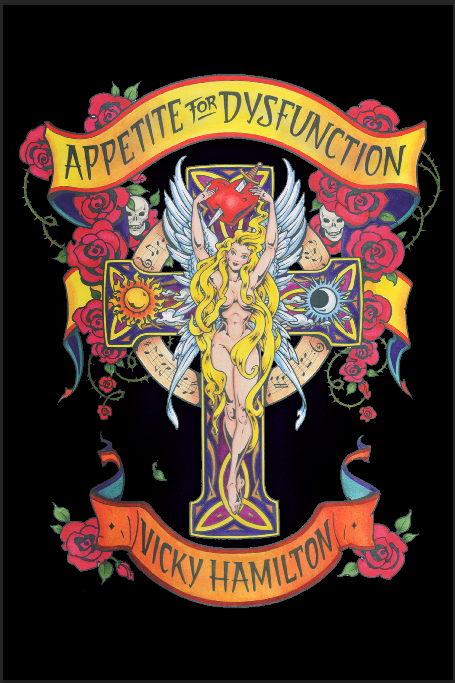 MC: It seems that writing the book was a cathartic, almost therapeutic, experience.
MC: It seems that writing the book was a cathartic, almost therapeutic, experience.
Hamilton: It definitely was. I got to relive some of the most exciting times of my life. And I got to do it from a new perspective, which helped me resolve some of the feelings I had.
MC: Are you referring to the fact that almost every band you made famous left you behind?
Hamilton: That’s part of it. But I wasn’t very business minded back then. I was more interested in the music and the show. The fact that I didn’t make as much money as I should have is partly my fault.
MC: You had a knack for discovering bands and getting them record deals.
Hamilton: It wasn’t hard––it seemed really natural. I had good ears and wanted to expose their music to as many people as possible. One success led to another and I had a good run.
MC: But most of the acts, notably GNR, burned you when they got signed.
Hamilton: That wasn’t so much fun, and it hurt. The fact that it happened more than once was probably due to my naiveté. I thought they would be more loyal after I worked so hard for them.
MC: Do you wish you knew then what you know now?
Hamilton: In some ways I do. There are things I would do differently. I’m still in the business as a manager and consultant, but today I’m more comfortable with the business side. I get paid for my services now.
MC: You did get an A&R gig at Geffen Records and worked with David Geffen.
Hamilton: That was exciting. I got it when GNR signed with the label. And working with David was inspiring. He was a great mentor to me.
MC: Do you think some of the problems you encountered were because you were a female?
Hamilton: Absolutely. The ‘80s were a different time. The industry was a boy’s club and tough on females. I was luckier than most, but I still had problems being taken seriously. Many of the bands back then treated females either as pals or as sex objects.
MC: You not only discovered and managed GNR, you let them live with you. Would you do the same thing today?
Hamilton: Probably not… I’m older and wiser now, but you never know. I was like their mom and really cared about them, even though they destroyed my apartment.
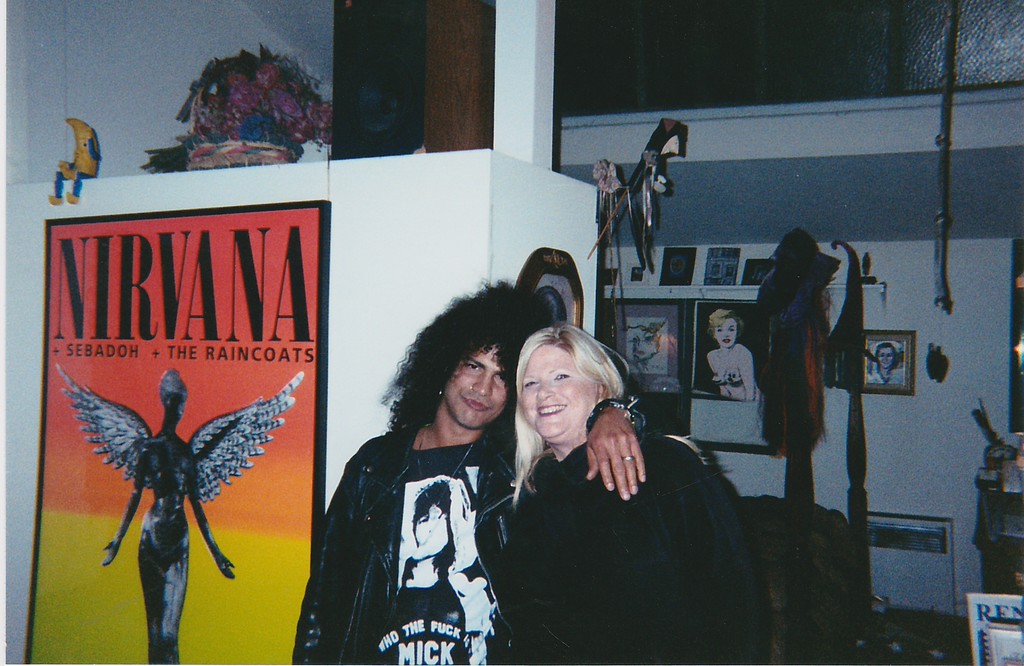
MC: Later you got to work with June Carter Cash and won a Grammy for your efforts.
Hamilton: Rick Rubin suggested that I work with June, and she was such a pleasure it was one of the best times of my life.
MC: What advice would you give young ladies who want to go into the music business?
Hamilton: Do it for love… be passionate about it. Learn the business and protect yourself legally. Even though I’ve gone through some tough times, I still love what I do.
MC: Have you kept in touch with the boys from GNR?
Hamilton: Occasionally I’ll talk with Slash or Steven, but I haven’t talked with Axl for years. I did see them play in Las Vegas and it was surreal.
See More: VIDEO: Music Connection Catches up with Slash at SXSW
MC: How does your future look now?
Hamilton: It’s good. It’s a DIY world where you can make your dreams come true if you don’t give up. Luckily, I never quit.
Currently, Vicky Hamilton owns and operates Aesthetic V Management & Productions. Her documentary Until The Music Ends is currently in production, while two of her scripts, Metal Maven and Gothic City, are being shopped. Glitter Beach, a glam-rock surf musical, is in development.
Feature photo by Robert John; Photo with Slash courtesy of Vicky Hamilton
To learn more, go to vickyhamilton.com

